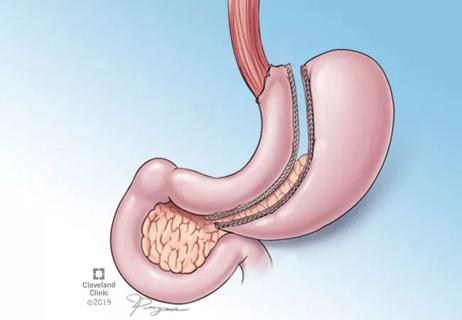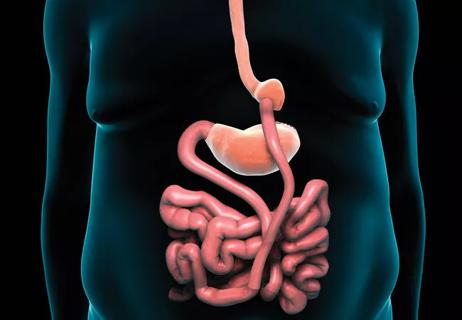Locations:

Insights from the STAMPEDE trial compare outcomes after metabolic surgery versus medical therapy

Key cardiac biomarkers see favorable changes
Advertisement
Cleveland Clinic is a non-profit academic medical center. Advertising on our site helps support our mission. We do not endorse non-Cleveland Clinic products or services. Policy
Advertisement